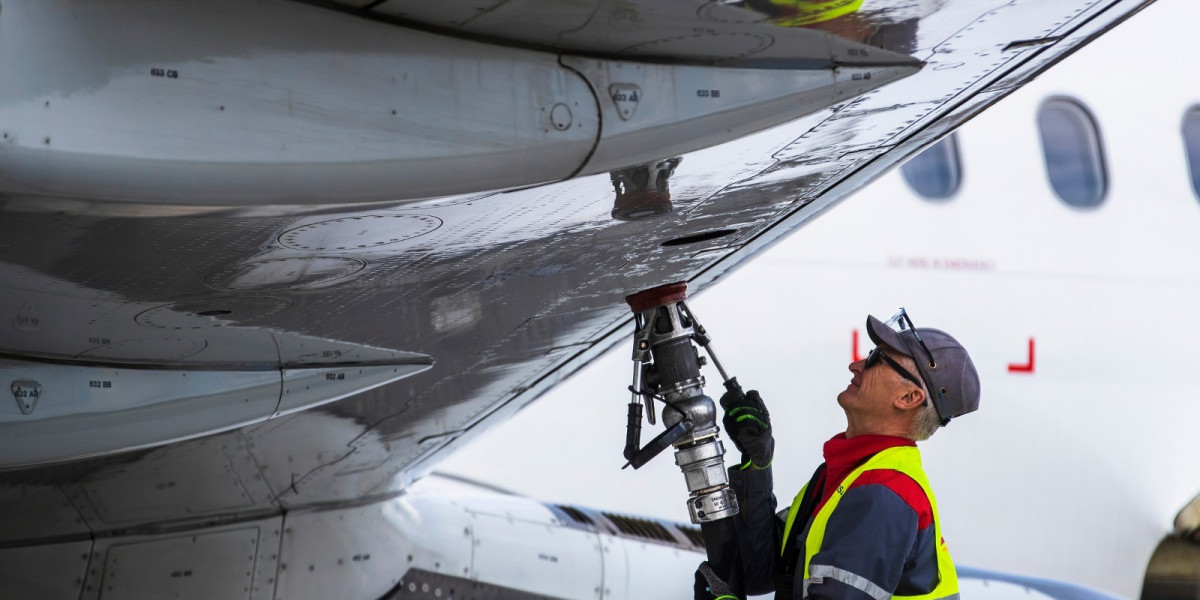The aircraft fuel systems market plays a critical role in the aviation industry by ensuring the safe, efficient, and reliable delivery of fuel to aircraft engines. As the aviation sector continues to expand globally, the demand for advanced and efficient fuel systems has surged, driven by increasing air traffic, the need for improved fuel efficiency, and stringent environmental regulations. This article explores the current landscape, technological advancements, challenges, and future outlook of the aircraft fuel systems market.
Overview of Aircraft Fuel Systems
An aircraft fuel system is responsible for storing, managing, and supplying fuel to the aircraft’s engines during all phases of flight. These systems include fuel tanks, pumps, valves, fuel lines, sensors, and control units. The design of these components varies based on the type of aircraft—commercial, military, or general aviation—and their operational requirements. The efficiency of fuel systems directly impacts aircraft performance, safety, and fuel consumption, making it a focal point for aircraft manufacturers and operators.
Market Drivers
The aircraft fuel systems market is propelled by several factors. First, the growth in commercial aviation, especially in emerging economies, has led to an increased production of aircraft, necessitating advanced fuel systems. Second, airlines and aircraft manufacturers are under constant pressure to reduce operational costs, which makes fuel efficiency a key priority. Advanced fuel systems that optimize fuel flow and reduce wastage can significantly cut fuel expenses.
Moreover, environmental regulations aimed at reducing greenhouse gas emissions are pushing for more fuel-efficient and less polluting systems. The development of alternative fuels, such as biofuels and synthetic fuels, also requires compatible fuel system technologies. Finally, the rise in defense budgets globally has boosted demand for military aircraft equipped with sophisticated fuel systems.
Technological Advancements
Technological innovation is central to the evolution of the aircraft fuel systems market. Modern aircraft are equipped with automated fuel management systems that use sensors and digital control units to monitor and regulate fuel flow with high precision. These systems improve safety by detecting leaks or abnormalities and enhance fuel efficiency by optimizing fuel distribution.
Additionally, lightweight materials such as composites and advanced alloys are being used to manufacture fuel tanks and components, reducing the overall weight of aircraft and improving fuel economy. Integration of IoT (Internet of Things) and AI (Artificial Intelligence) is emerging in fuel system management, enabling predictive maintenance and real-time performance monitoring.
Challenges in the Market
Despite the promising growth, the aircraft fuel systems market faces several challenges. High research and development costs, stringent certification processes, and complex integration with existing aircraft systems pose barriers to innovation. Additionally, the volatility of crude oil prices impacts the cost structure and investment in new technologies.
Safety concerns also necessitate rigorous testing and compliance with international standards, which can delay product launches. The transition to alternative fuels, while promising, requires significant modifications to current fuel systems, which can be costly and time-consuming.
Future Outlook
Looking ahead, the aircraft fuel systems market is expected to witness steady growth driven by increasing air travel demand and ongoing technological advancements. The focus will remain on developing systems that improve fuel efficiency, reduce emissions, and enhance operational safety. Hybrid and electric aircraft are on the horizon, and these will require new types of fuel management systems, further expanding the market scope.
Collaborations between aircraft manufacturers, fuel system suppliers, and research institutions will be crucial to drive innovation. Moreover, government initiatives supporting green aviation will provide additional impetus for the development and adoption of advanced fuel systems.
In conclusion, the aircraft fuel systems market is poised for dynamic growth, supported by rising aviation activities, technological progress, and environmental mandates. Stakeholders must navigate challenges through innovation and collaboration to capitalize on emerging opportunities in this vital segment of the aerospace industry.









